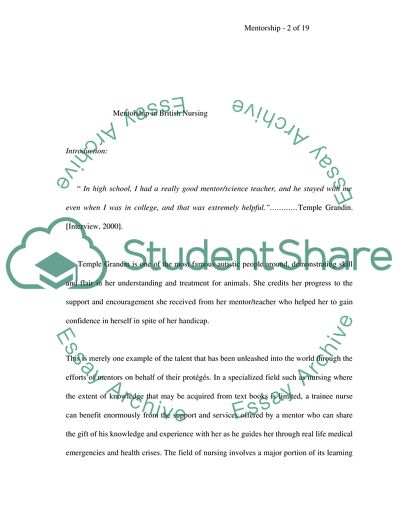Cite this document
(“Mentorship in British Nursing Essay Example | Topics and Well Written Essays - 3750 words”, n.d.)
Mentorship in British Nursing Essay Example | Topics and Well Written Essays - 3750 words. Retrieved from https://studentshare.org/nursing/1534976-mentorship-in-british-nursing
Mentorship in British Nursing Essay Example | Topics and Well Written Essays - 3750 words. Retrieved from https://studentshare.org/nursing/1534976-mentorship-in-british-nursing
(Mentorship in British Nursing Essay Example | Topics and Well Written Essays - 3750 Words)
Mentorship in British Nursing Essay Example | Topics and Well Written Essays - 3750 Words. https://studentshare.org/nursing/1534976-mentorship-in-british-nursing.
Mentorship in British Nursing Essay Example | Topics and Well Written Essays - 3750 Words. https://studentshare.org/nursing/1534976-mentorship-in-british-nursing.
“Mentorship in British Nursing Essay Example | Topics and Well Written Essays - 3750 Words”, n.d. https://studentshare.org/nursing/1534976-mentorship-in-british-nursing.


